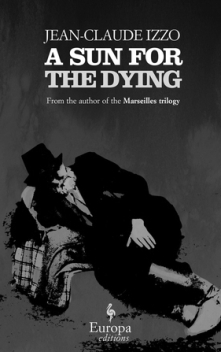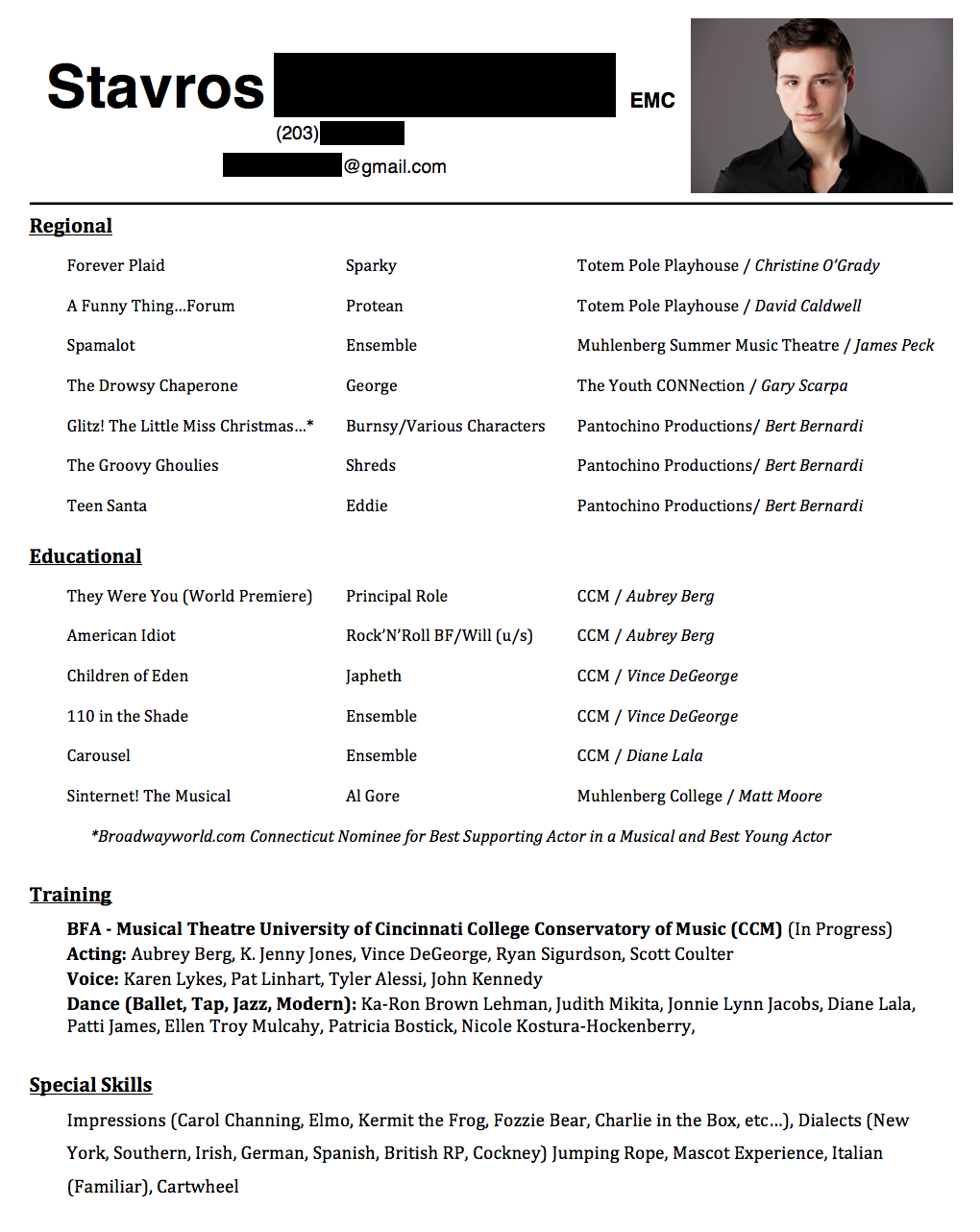
Another review, another depressing French book. Funnily enough, I couldn’t be happier about it. Izzo’s book is a real gem. It always fascinates me how, when I choose to buy completely random books in bookstores, I usually find something excellent.
This story is centered on Rico, a homeless man, who decides to leave Paris and head for Marseilles after the death of his friend Titi. Throughout the novel, the reader is made aware that he is telling his story to someone, yet we only find out who it is at the very end. Rico recounts his experiences on the streets of Paris, he delves into his intimate relationships and explores his past, in order to explain why he has found himself on the streets.
It would take a very cynical person to not be moved by this book. I feel like what surprised me the most was the lack of ‘what ifs’ in the story. Rico constantly dreams, thinks and talks about his past, yet he never imagines what his life might have been like, had it not been for one of his choices. This, coupled with his string of very unsuccessful romances, is just pure sadness. The reader is subjected to the harrowing tale of a man, who has been looking for love, or if not that, then some meaningful relationship his whole life, only to have it crumble before his very eyes every single time. The most acutely gloomy story is that of his wife, who leaves him after he has sacrificed his entire existence for her, only to have her fall in love with another man. With that begins his descent into alcoholism, which eventually puts him on the streets.
Rico numbs himself to the world, drinking his days away, trying to get into some sort of routine. Focusing on the past seems to both help with that and destroy his sanity at the same time, because he cannot really accept how the events unfolded and the pain which he has had to endure since. The interactions he has with others seem to be meaningless, except when it comes to Titi, who is almost a guide to him – trying to teach him how to survive. This being the only true relationship, which Rico has been able to form, Titi’s death quite clearly makes Rico feel like he has died too (since it seems to be a pattern in his life in one form or another).
The reader feels the intense cold, the desperation, the humiliation, the anxiety which Rico goes through as he travels from Paris to Marseilles, where he meets the narrator of the book – a young Algerian boy, who is in the same situation as himself. Finally in Marseilles, where he finds friendship and the return of his self-respect, as he rediscovers himself as a salesman, it is by then too late, making the ending even more sombre.
I also liked that the book was not entirely black and white – Rico was by no means a perfect man, yet feeling sorry for him came naturally. At the same time, Izzo did add a character like Dédé, who seems to be evil incarnate on the surface and yet he is also very easy to understand. Unlike Rico, he has not given up and still wants to enjoy life, without thinking about the consequences of his actions. This makes me return to the point about surviving – even while writing this review, I have changed my mind. I don’t think that Rico’s story is one of survival, it is rather about getting by, merely awaiting the end.
Even with all this going against them, Rico and Titi retain their humanity and, despite the hardships which they have encountered, they can still appreciate those of others. Most clearly demonstrated by something Titi says about prostitution, which becomes relevant when Rico encounters Mirjana.
I’ll tell you something, Rico. When a man’s at the end of his tether, he begs, but when a woman’s at the end of her tether, she sells her body. Just think of that. Any humiliation you may feel is nothing compared with what they must feel. Getting fucked for a living, we can’t even imagine what that must be like.
I would strongly recommend this book to everyone. It has made me see things which I had only seen in the abstract sense before, in a completely different light. Especially when it comes to Paris. Izzo writes with such emotion that it draws you in and tugs at your heart strings in the most incredible way.
I give this book five out of five wine bottles.










